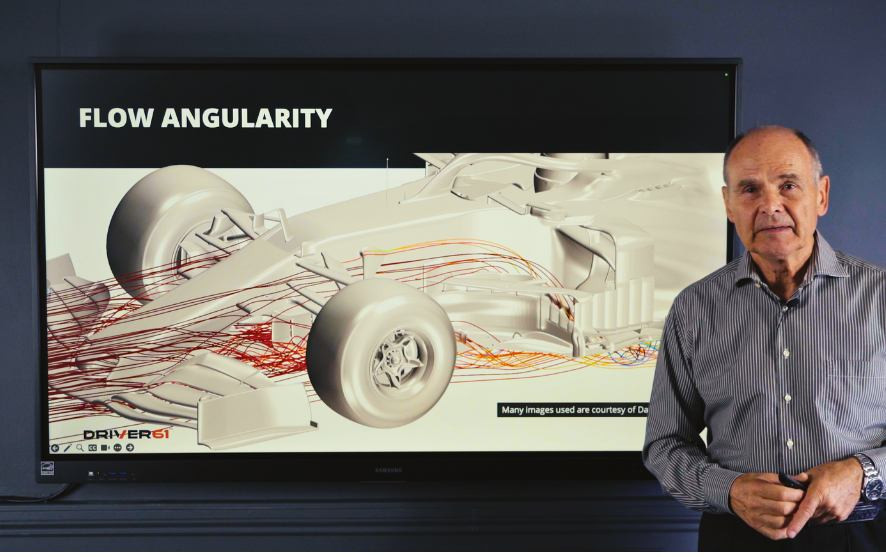Ever fancied yourself working in the fast-paced world of Formula 1? You're not alone. It's a dream shared by many motorsport enthusiasts, but the path to success isn't always straightforward. Let's dive into what it really takes to secure a job in F1 and the wider motorsport industry.
The Big Picture: More Than Just Racing
When most people think of F1 jobs, they picture race engineers or mechanics. But the reality is far more diverse.
F1 teams are massive operations, employing anywhere from 250 to 1,000 staff members. In total, there are about 7,000 people working directly for F1 teams, with that number swelling to around 10,000 when you include the F1 organisation, FIA, and partners.
But here's the kicker: F1 is just the tip of the iceberg. The entire Motorsport industry boasts a whopping 1.5 million paid jobs globally. So while F1 might be your ultimate goal, there's a whole world of opportunities to explore on your way there.
What Roles Are Available?
F1 teams need a wide range of professionals. Here's a rough breakdown:
- Design and aerodynamics: 20-25%
- Mechanical and electrical engineering: 15-20%
- Data analysis: 10-15%
- Manufacturing and production: 15-20%
- Race operations and pit crew: 10-15%
- Logistics and transport: 5-10%
- Marketing, PR, sponsorship, HR, finance, and legal: 3-10%
- Media and communication: 3-5%
And that's just in F1. The wider motorsport industry offers even more diverse roles.
Getting Your Foot in the Door
Landing a job in F1 straight out of university is rare. Most people start in lower levels of motorsport and work their way up. But don't let that discourage you – it's all part of the journey.
The first step? Make sure motorsport is truly your passion. It might look glamorous from the outside, but the reality often involves long hours and extensive travel. It's the love for the sport that keeps people going.
Next, consider your education. Some roles, like aerodynamicist or race engineer, typically require a university degree. Others, such as pit crew or marketing roles, might not. Research the requirements for your desired role and plan accordingly.
Stand Out from the Crowd
With fierce competition for jobs, you need to go the extra mile. Here are some tips:
- Get involved: Volunteer at local racing events, help out at a go-kart track, or join your university's Formula Student team. Show initiative and hands-on experience.
- Develop relevant skills: If you're interested in data analysis, for example, learn to use industry-standard software and create sample reports.
- Network: Attend motorsport events, connect with professionals on LinkedIn, and don't be afraid to reach out to teams directly.
- Start small: Look for opportunities with smaller, national-level race teams. They're often more open to giving newcomers a chance.
- Showcase your passion: Use social media to demonstrate your involvement in motorsport, whether it's attending races, sim racing, or creating content about the sport.
Nailing the Application Process
When applying for jobs, tailor your CV to the specific role and company. Keep it concise (one page is ideal) and highlight your relevant skills and motorsport activities.
During interviews, go beyond simply answering questions. Use the STAR method (Situation, Task, Action, Result) to provide detailed examples of your experience. For higher-level positions, consider preparing a presentation on how you could add value to the team.
The Long Game
Remember, success in F1 and motorsport often takes time. Many professionals in top positions spent at least a decade working their way up through smaller teams and lower series. Stay persistent, keep learning, and don't be afraid to start small.
While landing a job in F1 is challenging, it's far from impossible. With passion, preparation, and persistence, you can build a successful career in the exciting world of motorsport. So why not take that first step today? Your dream job in F1 might be closer than you think.




